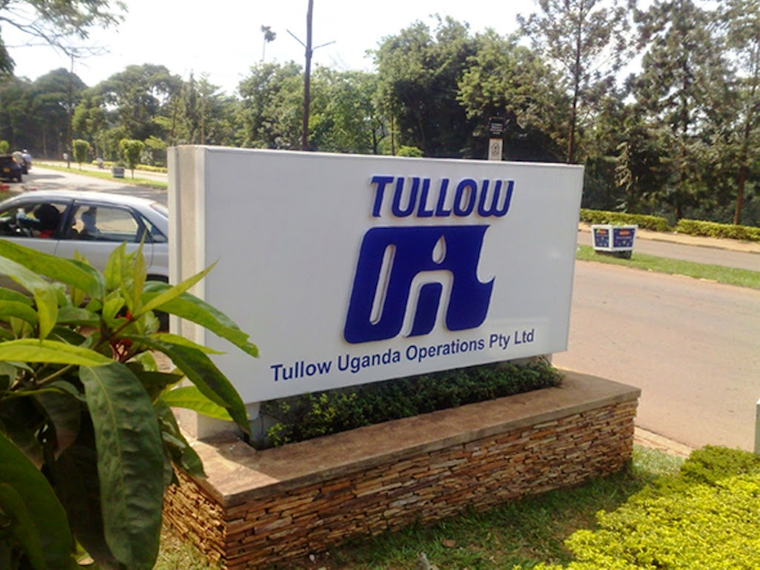Tullow Oil sold its stake to Total E&P The agreement announced on April 23 by Total E&P to purchase Tullow Oil’s entire stake in the jointly-held onshore fields in Uganda’s Albertine for $575 million came at a very unexpected time as global oil prices plummeted due to a supply glut and vanishing demand caused by the corona virus pandemic.
CNOOC, the third partner, then elected not to pre-empt Tullow Oil’s sale of its assets. The transaction is expected to be concluded in the second half of this year subject to a number of conditions including Tullow Oil shareholder approval.
This agreement should be ecstatically received by Ugandan stakeholders as it signals a strong vote of confidence in the project in the toughest of times. Since the agreement was announced, the global oil market has seen a slow but steady recovery as lockdowns ease and production cuts by OPEC+members come into effect.
The long-awaited Final Investment Decision (FID) now seems to be on track to be signed in the very near future as past hurdles are overcome.
A recent Express of Interest notice for Engineering, Procurement, Supply Construction & Commissioning Services (EPSCC) published by Total E&P in the press gives further confidence to these assumptions.
With that positive outlook in mind, Ugandan oil and gas service providers should resuscitate plans that seemed to flat-line at the end of last year.
Although the period of countrywide lockdown made it challenging for businesses to operate, the effects of which are still being felt even as the economy gradually re-opens, some key preparations can be made as we wait for the project to come online.
Leading this list is the acquisition of relevant standards and certifications to be able to supply the industry. Because of the high-risk nature of the sector, employers insist on an independent confirmation of competence.
Companies interested in participation should therefore take this time to familiarize themselves with the appropriate standards related to the services they provide and take the necessary steps to acquire them.
The second is to address the issue of capacity. The oil and gas industry is extremely capital-intensive, particularly the development phase that Uganda is embarking on.
This is problematic as limited capacity has been identified as a key challenge faced by local companies in Uganda. The formation of Joint Venture (JV) and strategic partnerships is a practical solution to this problem.The COVID-19 pandemic, and related economic shutdown, has created a sea of dormant assets […]
